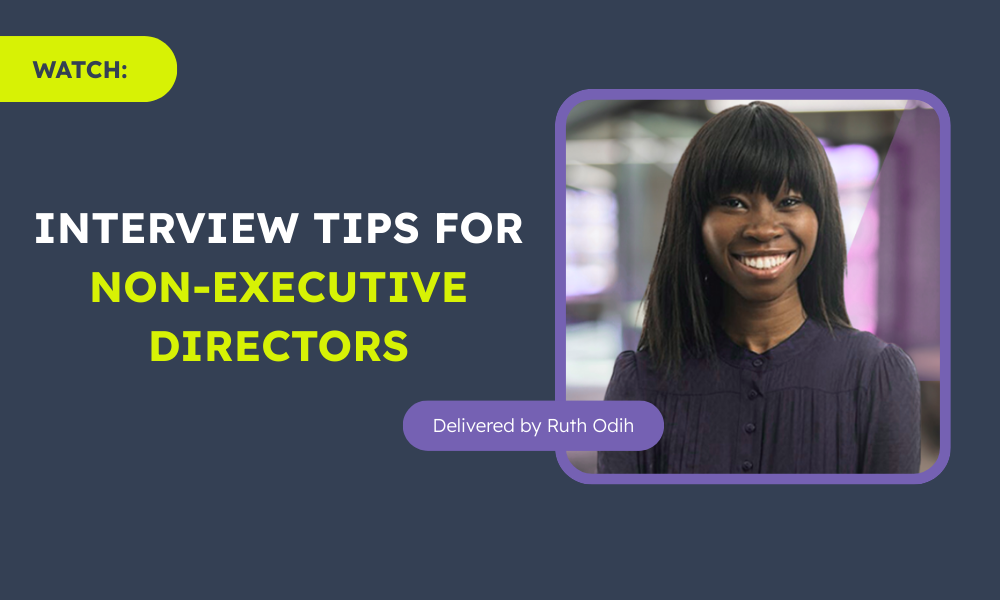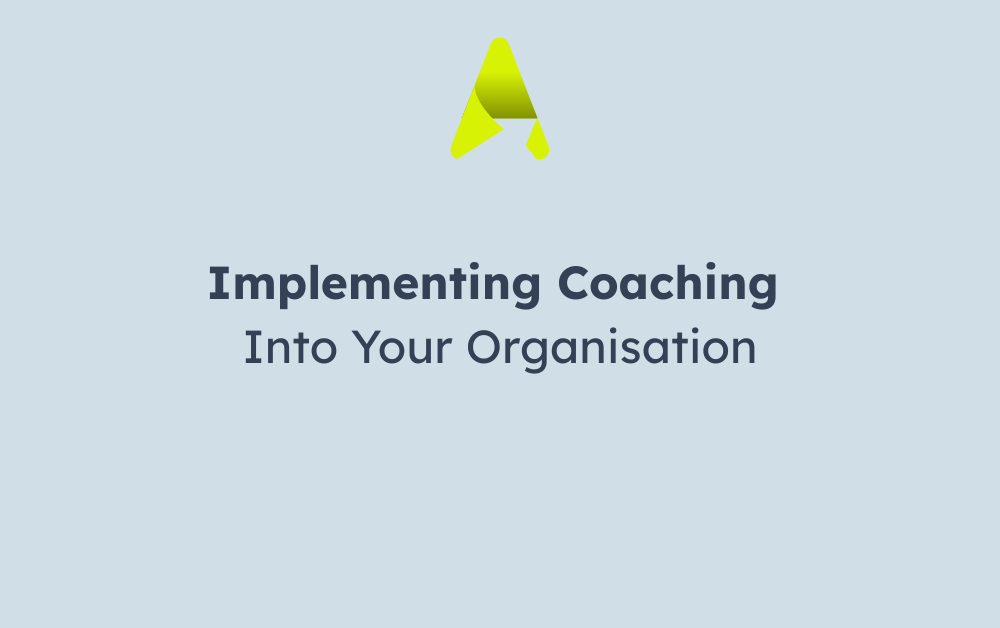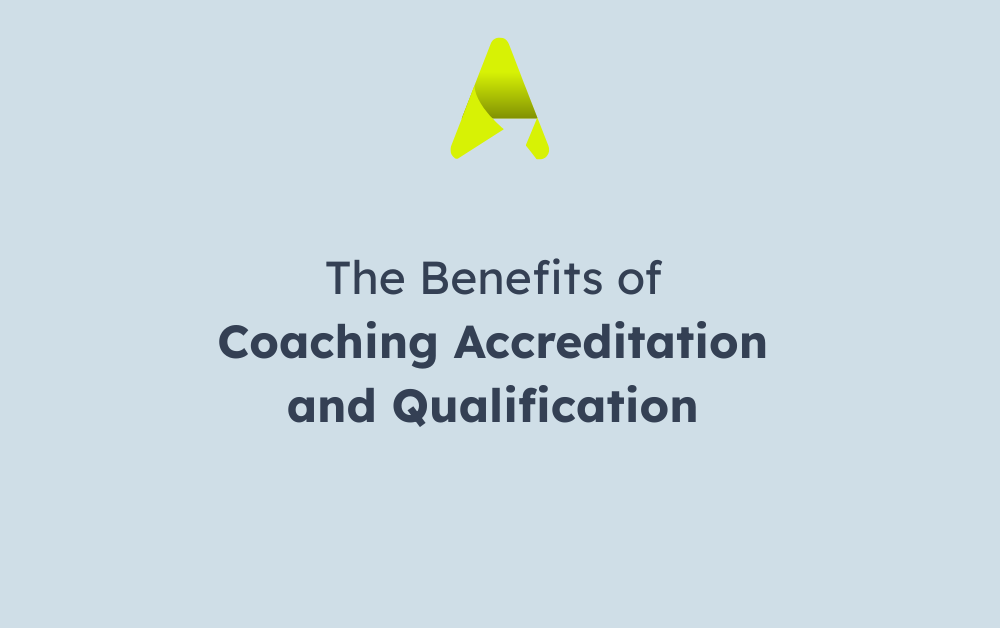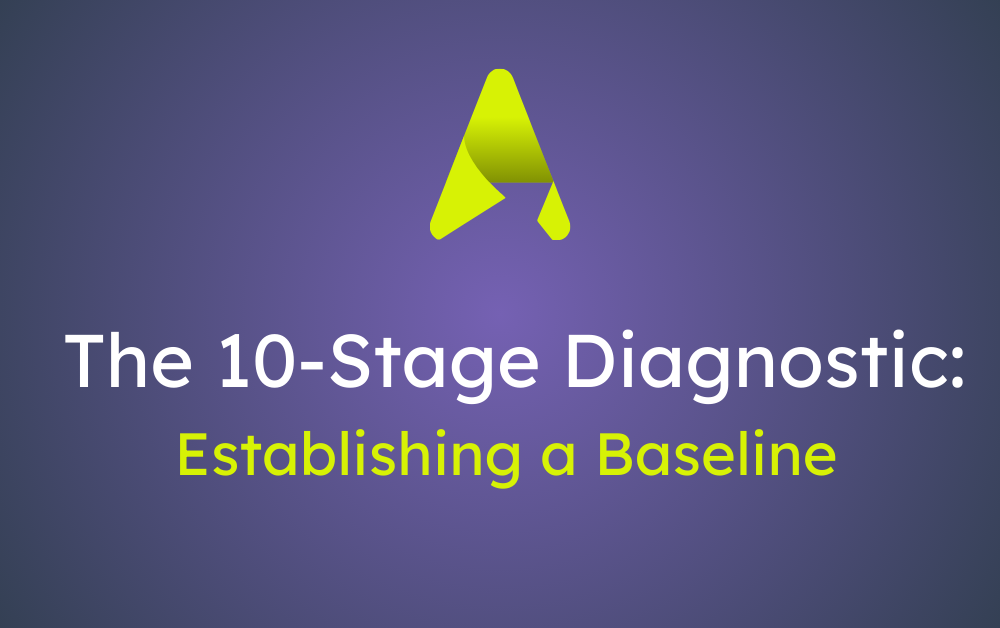
News & Resources
Stay informed with our latest blogs, whitepapers and video resources

Resources
Featured Resources
Our featured articles, whitepapers, and videos are packed with thought provoking research, actionable tips and strategies to implement for success. Explore now and get ready to level up!

 Blog
Blog
Inside Board Recruitment: What Headhunters Really Look For in NEDs
Read more Whitepaper
Whitepaper






